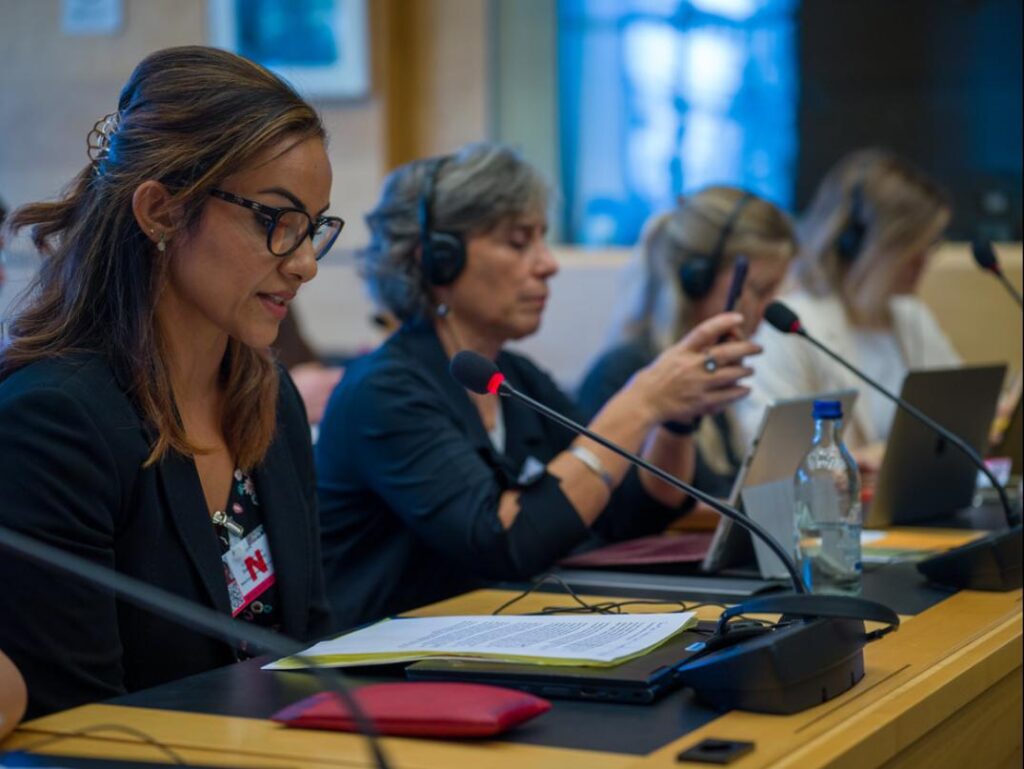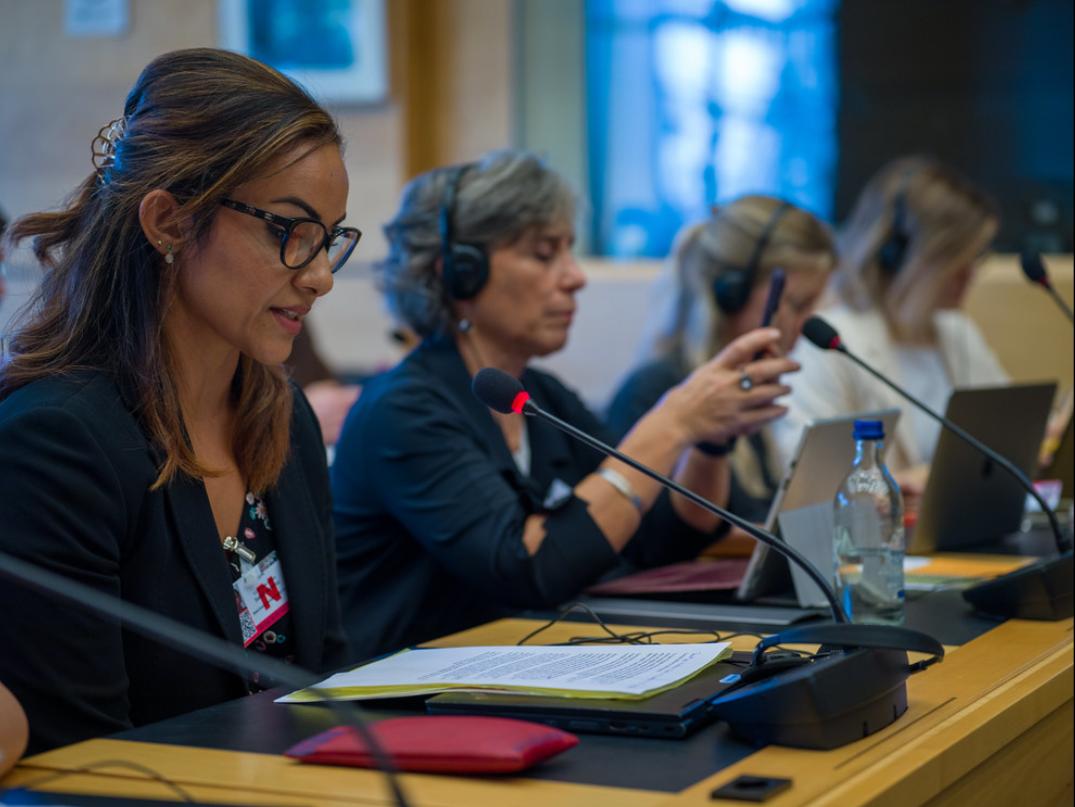The Islamic Republic of Iran has from the beginning adopted a policy of denial of minority identities, resulting in economic and social marginalisation of the country’s ethnic and religious minorities, political oppression and grave and widespread violations of human rights in the name of security and combating terrorism. The Baloch people, in particular, have faced flagrant human rights violations.
Discrimination starts at birth and includes denial of national identification documents, hindering their access to essential services such as education and healthcare. Hundreds of thousands lack formal identification documents.
Minority areas like Baluchistan and Kurdistan face severe state repression, with Baluch people constituting 30% of executions in Iran despite being only 4% of the population, as stressed by the Special Rapporteur on human rights in Iran, enabled by vaguely worded national security and anti-terrorism laws, as well as of Iran’s anti-narcotic legislation. Balochistan, Iran’s poorest province, also faces severe socio-economic challenges, exacerbated by state repression and economic neglect. Many are forced into dangerous jobs such as fuel transportation in order to make ends meet.
On “Bloody Friday,” September 30, 2022, state forces violently suppressed peaceful Baloch protesters in Zahedan, leading to an estimated 120 deaths, including 20 children, and numerous severe injuries. Despite credible sources, authorities still deny the incident.One of the victims of this mass killing, Omid Safarzahi, was a child and had to be buried without formal documentation due to lack of proper ID.
A year later, security forces in Zahedan repeated the unlawful use of firearms against protesters, highlighting a recurring pattern of violence. The lack of accountability for past crimes and the impunity of security forces and decision-makers remain unaddressed. No official has been charged or transparently investigated for these human rights violations, emphasising the urgent demand for accountability.
The government’s inaction and lack of accountability perpetuate repression, denying justice to victims and families. The judiciary serves repression, hinders justice and creates obstacles for Iranian advocates.



